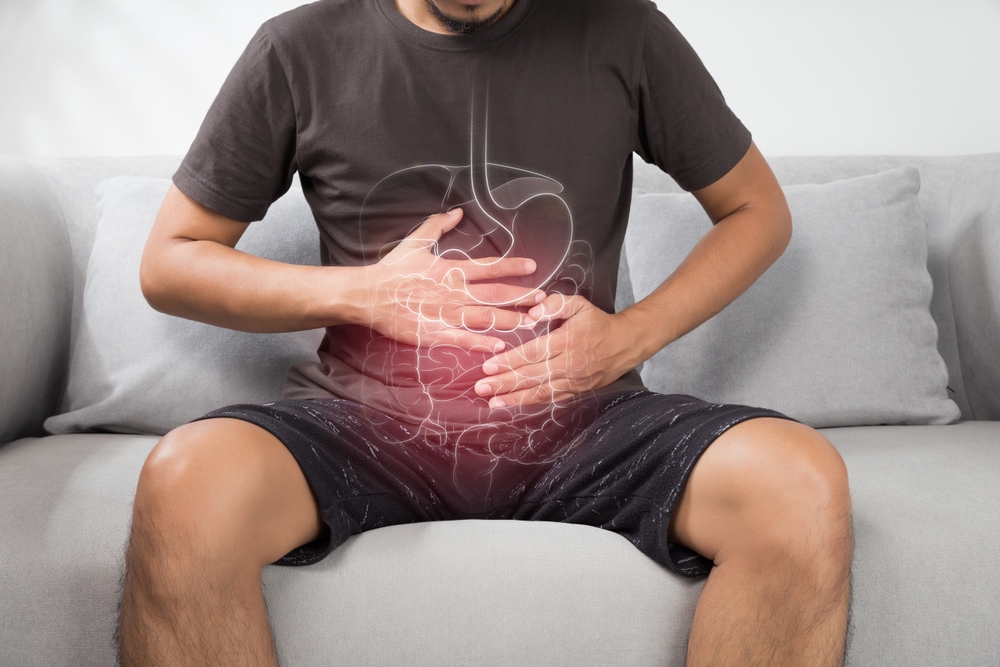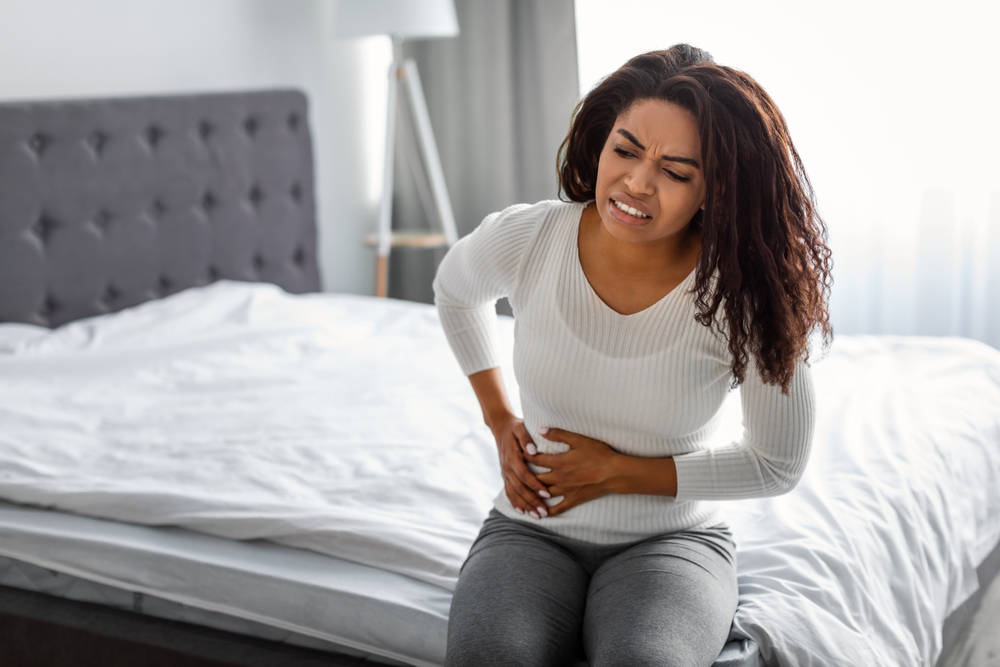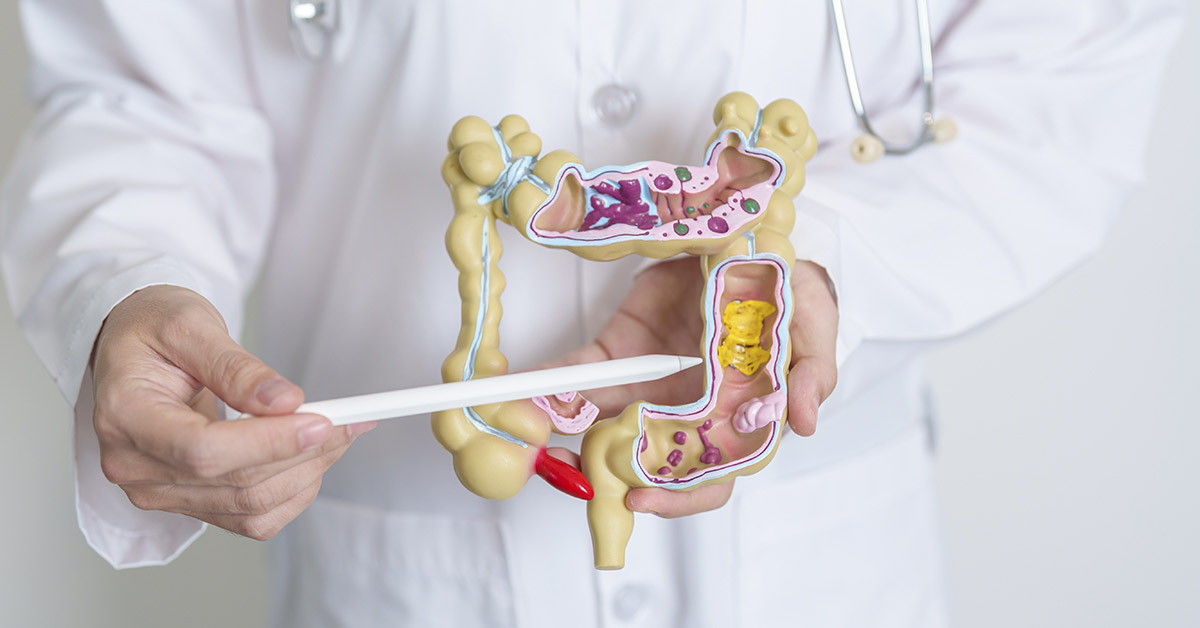“You’re too young to have bowel cancer.” Unfortunately, many patients heard this when they contacted medical help for their symptoms. That’s what Stephanie Bansemer-Brown was told in 2012 before being diagnosed with stage three rectal cancer. She was 42 at the time, and fits alongside new research finding over 28,000 Australians under the age of 50 were diagnosed with early-onset bowel cancer between 1990 and 2020. Health experts are now spreading awareness of the signs.
“The GP dismissed my symptoms…”

Many people recall being dismissed when questioning if they have bowel cancer. Some, like Bansemer-Brown, refused to take no for an answer. “The GP dismissed my symptoms as hemorrhoids and put my tiredness down to being a busy mother of a toddler,” the Bowel Cancer Australia advocate told Daily Mail. Other patients had their signs attributed to food intolerances or hectic lifestyles.
“I am lucky I pushed…”

Although the symptoms can come from those things, advocates encourage people to ask for further investigation. “I knew something wasn’t right with my body so eventually I insisted on a colonoscopy,” said Bansemer-Brown. After her diagnosis, she underwent extensive surgery and chemotherapy. “I am lucky I pushed for further investigation otherwise my now-teenage son would have been without a mother. That is the stark reality,” she said.
The rise of bowel cancer in people under 50

An international study published in the Lancet found that “the incidence rate of early-onset colorectal cancer was highest in Australia,” where the rise was faster among women than men. The authors asked for further research to understand what’s driving the rise of colorectal cancer in people under the age of 50. They also hope to increase awareness and promote early detection.
Read More: 21-Year-Old Woman Diagnosed with Cancer Given Days to Live After Ignoring Early Warning Signs
What’s causing the surge of bowel cancer?

As of now, there is no clear cause behind the increase in bowel cancer in patients under 50. “Some factors have been identified, and these increase CRC (colorectal cancer) risk, especially at older ages. Obesity, sedentary lifestyle, the Western diet, and high sugar intake would only explain a fraction of these cases,” said medical director of the Colorectal Cancer Prevention Program at Yale Cancer Center and Smilow Cancer Hospital, Xavier Llor, MD, PhD, to Yale’s blog. Genetics also plays a large role. However, many experts believe that genetics and lifestyle habits alone can’t be responsible for the global surge.
Potential causes

Researchers have several theories on what’s causing the rise, including sedentary lifestyles, poor diets, and obesity. These factors can contribute to an unhealthy gut biome. “We think that the lifestyle dietary changes are… allowing nasty bacteria to colonize in our gut, and that then is contributing to the development of a substantial proportion of early onset bowel cancer,” said Dan Buchanan, an associate professor at the University of Melbourne, to the Guardian. Other ideas include the increased use of antibiotics in childhood and methods of food production involving pesticides and microplastics, but more research is needed.
Read More: 5 Signs of Bowel Cancer You Shouldn’t Ignore
Signs of bowel cancer

- Unexplained fatigue
- Anemia
- Unexplained weight loss
- Changes in bowel habits, like constipation or diarrhea
- Feeling that the bowel doesn’t fully empty after a bowel movement
- Changes in the appearance or consistency of bowel movements
- Bloody stools
- Pain in the rectum or anus
- A lump in the rectum or anus
- Changes in urine color
- Ongoing abdominal discomfort
- Changes in appetite
- Discomfort while sitting
- Uncomfortable or painful bowel movements
- No symptoms at all, in some cases, according to the MD Anderson Cancer Center
Reducing the risk of bowel cancer

“We stress lifestyle modifications that can actually help prevent the development of that cancer,” said Dr. Llor. “Decreasing your body weight, even a small amount, can make a big difference in terms of cancer risk. The type of food that we are eating makes a big difference. Less red meat, more vegetables, and fruits. All of those things do have a very important impact.” Quitting smoking, limiting alcohol consumption, and exercising more frequently can also lower the risk.
“Be your own champion”

As a cancer survivor, Bansemer-Brown shares her story to encourage those in the same position she was in. “You are never too young for bowel cancer and I encourage everyone to recognize the signs and symptoms. You must be a champion for your own health and if you are not happy with the response then seek another opinion.” She concluded, “You know your body better than anyone.”
Read More: One Early Habit That May Lower Your Child’s Future Risk of Bowel Cancer

